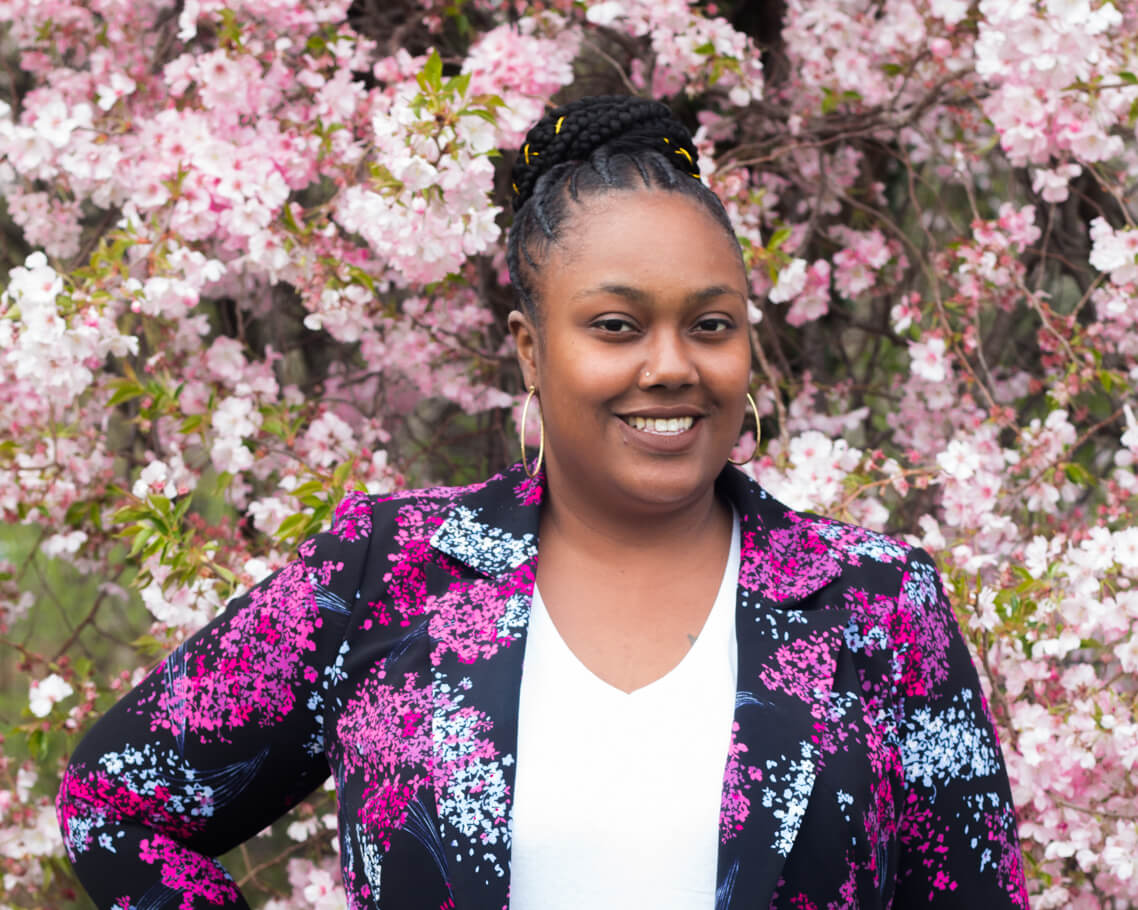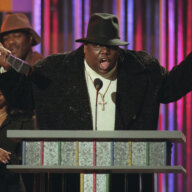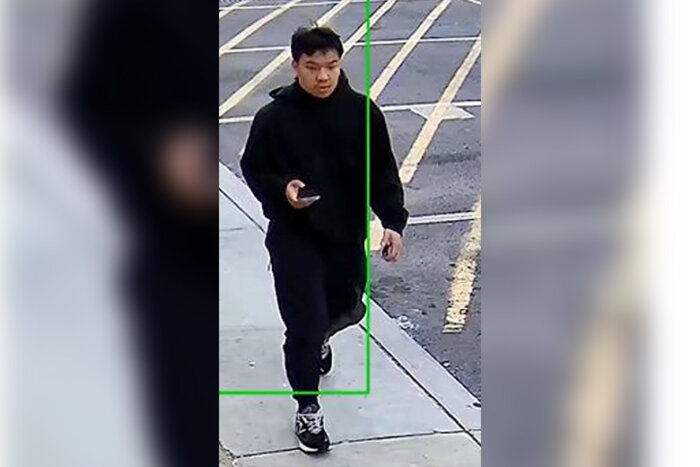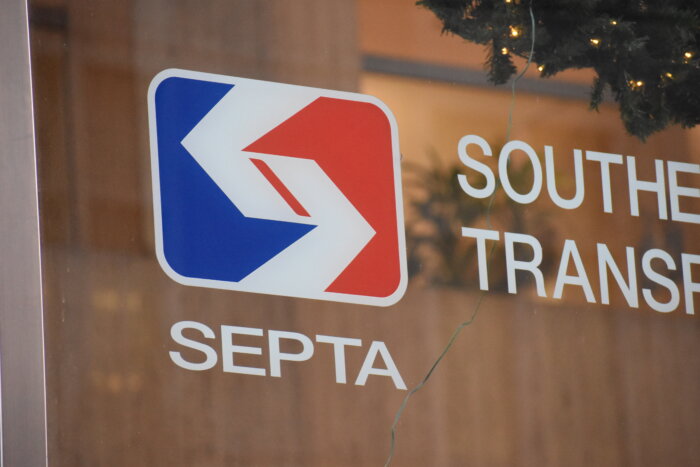Saleemah McNeil has not watched the footage that showed Police Officer Derek Chauvin kneeling on the neck of George Floyd for 8 minutes and 46 seconds.
In fact, she hasn’t watched any viral videos detailing incidents of police brutality since 2016, and even that time was an accident.
McNeil, a psychotherapist with offices in Jenkintown and Queen Village, said she can’t view the clips because of her 14-year-old son, who she said has the stature of a grown man from the side or back view.
“He stands about 5-8, a solid 200 pounds, and I cannot watch law enforcement— who are supposed to protect and serve my community — kill my community and still be sane when I have to send my son out into the world,” McNeil said.
She nearly died while giving birth to him, and her difficult pregnancy inspired her to create the nonprofit Oshun Family Center, which works to provide therapy to mothers and families.
McNeil decided earlier this month to begin offering free sessions to people who, like her, are experiencing racial trauma stemming from the deaths of Floyd, Breonna Taylor and Ahmaud Arbery as well as other cases of violence against black Americans.
The effort began with a goal of raising $5,000. After surpassing that benchmark, it raised $20,000 in a single day, $15,000 of which was later matched by songwriter Benj Pasek, a native of the area who helped write “Dear Evan Hansen” and “La La Land.”
Through Wednesday, McNeil had raised just over $76,000. Thirty people have already begun a virtual eight-session program, and she believes the funding could provide therapy for 20 more people.
She’s hired additional therapists to keep up with the workload, and others have signed on as partners in the program.
McNeil is also hoping to use the initiative to launch a brick-and-mortar center, where black people can come and talk to black therapists about a wide range of issues, including racism and maternal health.
Black women are nearly four times more likely to die in childbirth compared to white women, according to the Centers for Disease Control and Prevention.
“That is a racial trauma in itself,” McNeil said.
“There’s a complete intersection,” she said about transitioning from birth trauma to racial trauma therapy. “The only thing different with this initiative from what I generally do is that we accept everybody in the black community.”
Seeing examples of racial violence, in person or on television, can lead to vicarious traumatization, where people feel physical and mental symptoms, said Valerie Braunstein, a psychologist who runs a private practice near Rittenhouse Square.
Braunstein, who also began offering free racial trauma sessions and later partnered with McNeil, said events like Floyd’s death can make people feel unsafe and have difficulty calming down.
Racial trauma can leave someone feeling lonely or isolated, McNeil said. Others may not be able to let their guard down, or they could keep second-guessing their own decisions.
“Most of the people that we are getting are really feeling the increased worry and hyper-vigilance and the extreme sadness or uncertainty that could manifest itself in depression,” she said.
Some people may be afraid to leave their house or have trouble eating, Braunstein said. It could bring up painful memories from their own life.
“It’s really important to say that it’s not that these people have something wrong with them, but that something wrong happened to them,” Braunstein said.
It’s the typical way the body responds, going into fight-flight-or-freeze mode, she said.
The symptoms can morph into a multitude of psychological disorders, though depression and anxiety are the most common, McNeil said.
Anyone interested in signing up for therapy sessions can visit www.oshunfamily.org. There’s also a PayPal link on the site for those who want to donate to the initiative.































